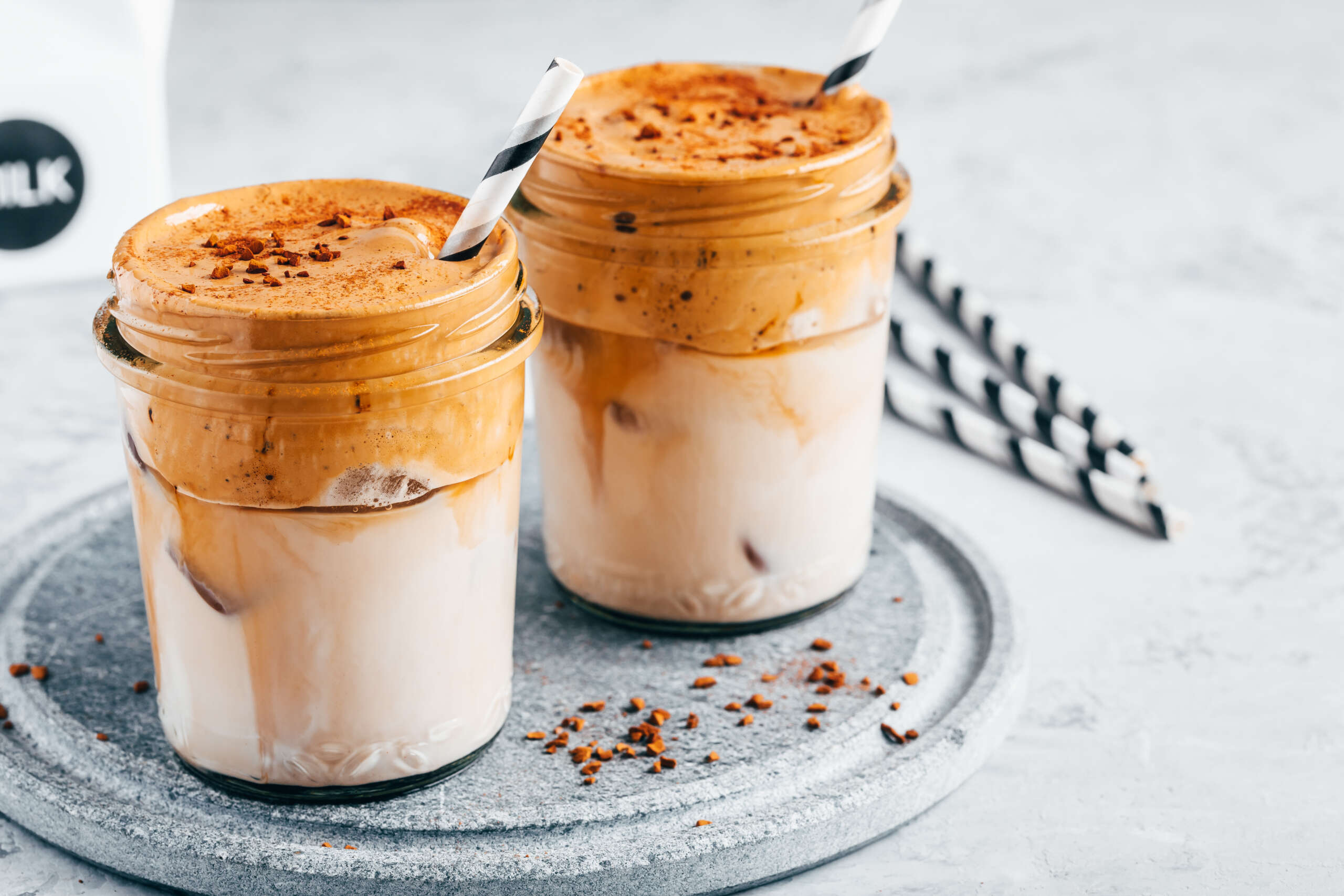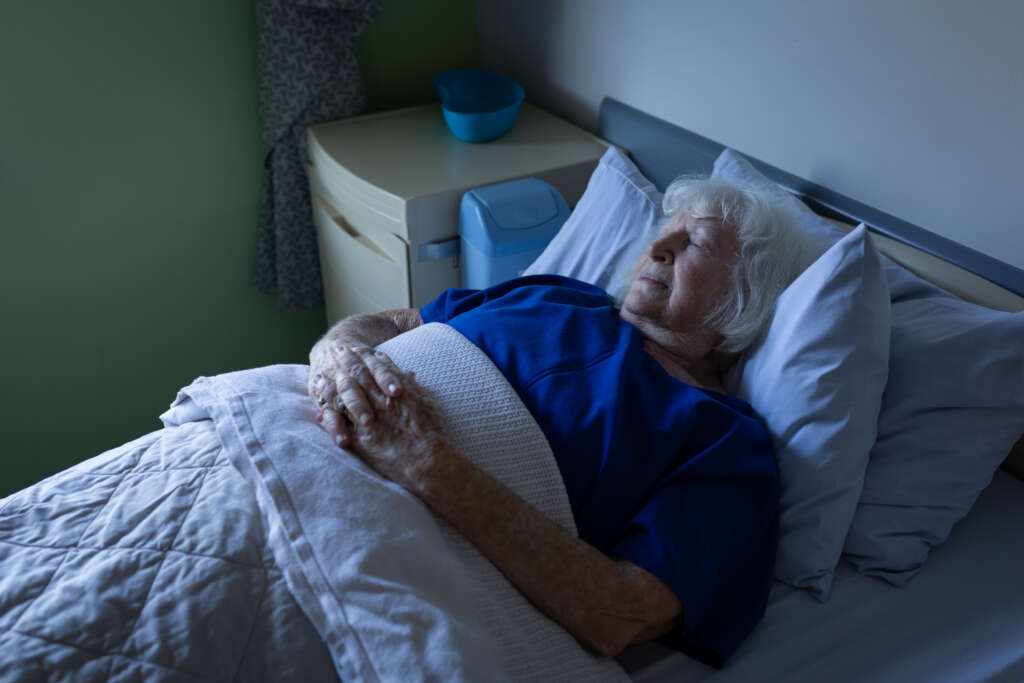

How does it happen? One minute you’re body can do anything, you wonder why the people around you who all seem so old are making weird noises as they sit and stand and then suddenly ‘POOF!’. You’re one of them. Instead of talking about music and film, you’re talking about your aches and pains and weight loss.
You look in the mirror and wonder who this person is before you? Perhaps your clothes sizes have increased steadily over the years? Or you have a section in your wardrobe of clothes that you’re ‘planning to get back into’? The idea of exercise repulses you or perhaps you’re going to get into it ‘once you lose some weight?’.
There is a well worn cliche that is often over used but seldom understood let’s get it out of the way:-
You Are What You Eat
We all know that if we eat too much, we’ll put on weight, if we eat too much sugar we’re at risk of diabetes and tooth decay. Food can also positively and negatively affect our moods and energy levels. Yet we’re surrounded by fast food, handy grab and go snacks, Deliveroo etc. It’s probably easier to make unhealthy choices than it is good ones.
It’s true though that whatever foods and drinks we put in our bodies will change us at a cellular level. How many calories are in that Starbucks caramel Frappuccino? 360kcals! That’s nearly a third of a female adults recommended daily calorie intake. Half of it is saturated fat. Yet a lot of people wouldn’t even think about it, seeing drinks as something that doesn’t contribute towards their daily intake.
Small Changes – Big Results
The word diet is prevalent in our society and many people view the word diet or weight loss with meaning; abstinence from foods we enjoy, starving themselves or eating lots of strange soups or shakes. The problem with these sorts of diets is they are unsustainable. If we deny ourselves something it’s only a matter of time before we fall off the waggon and straight back into a bag of crisps or a large tub of Ben and Jerrys.
Making small and sustainable changes is the way to make a positive impact. Nobody wakes up one morning and is suddenly 20 kilos over weight, it’s a gradual process. 360 extra calories a day over a week from that coffee amounts to more than an extra days worth of calories a week! Hopefully that’s a sobering thought? Not quite well ok added up over 52 weeks and it’s a staggering 73 days worth of extra food. It’s easy to see how weight creeps on. It’s not just the coffees of course, it’s all of the snacks, calorie laden foods that are pre-packaged for our ‘convenience’ and other things around us.
Label fable
When talking to people about food I often here things like ‘It says low fat on the box’ Or ‘contains one of your five a day’. I’ll tell you a secret; food manufacturers are not interested in your health. They are interested in making money. If they can make it sound positive by saying it contains an element perceived as good, they will. They’re not going to tell you what’s bad.
So let’s say you’ve woken up and you are 20 kilos over weight, what can you do?
Body positivity is currently a buzz word. Here at The Physiotherapists we believe everyone should be proud of themselves and not pressured into trying to fit into a shape or size ideal that’s impossible to meet. You can’t fairly compare a shot putters physique to marathon runner and say one is in better ‘shape’ or healthier than the other. They are both designed for their sport, they probably genetically wouldn’t ever be any good if they swapped roles either. Let’s talk about body types.
Body Types
Did you also know that there are different body types, or somatotypes? These are broken down into Ectomorph, Endomorph and Mesomorph. Working out which of these you are can help you to understand what foods work best for you. Also working out how much food is required is an important factor. Once you have this information you can then start to make adjustments. Don’t cut out the foods you like but start to consider what impact they have on you.
Plan Ahead
What things do you like that are good for you? That 20 kilos didn’t come on over night and it won’t go away over night either. If you make small changes so that the daily number becomes slightly lower than your daily calorie requirement then the weight will slowly but steadily come off. There are a multitude of calorie calculators out there, many of them will try to sell you shakes and potions. You don’t need them take your time, radical weight loss never lasts long. The NHS uses an average of 2000kcal for a woman and 2500kcal for a man.
I Don’t Like Anything
You’ll need to work out what you currently consume, keep a food diary and be honest with yourself. Count those lattes, that cheeky piece of cake for Jenny from account’s birthday, count it all. Count it for a week and add it up then divide it by 7 to give your daily average. If it’s above those numbers above then you’re probably eating too much.
People sometimes find it hard to make the changes, not only to reduce the intake of foods they love but to actually find healthy choices they like. If this is you, then my advice is try to make it fun. Either look for recipes that make healthier alternatives of the foods you love, or embrace the change! Make the pursuit and tasting of new foods a fun activity. IF you really love your food and can’t step away, then offset the intake with output. If you do more, you need more. The next one of our guides will look at exercise and stealing fitness. Try not to make weight loss the goal but instead think in more positive terms of creating an improved you.
Is It Just a Number?
Weight shouldn’t be the primary focus. People don’t get ill because they weigh a certain number. It’s the impact that our consumption and lack of movement is having on our bodies. Excess weight affects the wear and tear on the joints, excess fat sits around the heart and other organs, it clogs and blocks your arteries. Weight loss is going to help for sure, but improving your overall health, including your relationship with food is the most positive thing you can do for yourself.
Hard Truths and Hard Yards.
It’s human nature to want a quick fix, the hard truth is, there aren’t any. Those same pesky producers will try to tell you (and of course sell you) that there are but there aren’t. It takes time and effort from you to make these changes. If you make them gradually over time they will become new habits, you’ll get used to them and so will your body. You really can have a new you, but it’s an evolution not a metamorphosis.
We Have Time…Until We Don’t
Working in the NHS, I see on a daily basis the damage to health that food and a lack of exercise can do. Not one person I meet planned to have this happen. Pretty much everyone I meet who’s body has failed or has an illness caused by their choices, is filled with regret and wishes they could go back. Most of them knew they needed to change but as it wasn’t affecting them today, they kept putting it off. Time for them to change has sadly passed them by.
Wherever you are at now, be it twenty, forty or sixty years old, you can stick the brakes on and start reversing. The older you are, the more likely that some damage is already done, but you can stop that becoming life changing, or worse, life ending.
Disclaimer
The Physiotherapists do not provide advice on diet and nutrition other than general healthy eating. We recommend speaking with your GP before embarking on any radical weight loss plans. Where we can help is helping to address any injuries you may have that might be holding you back and with exercise planning to ensure that you don’t over do it and injure yourself.


